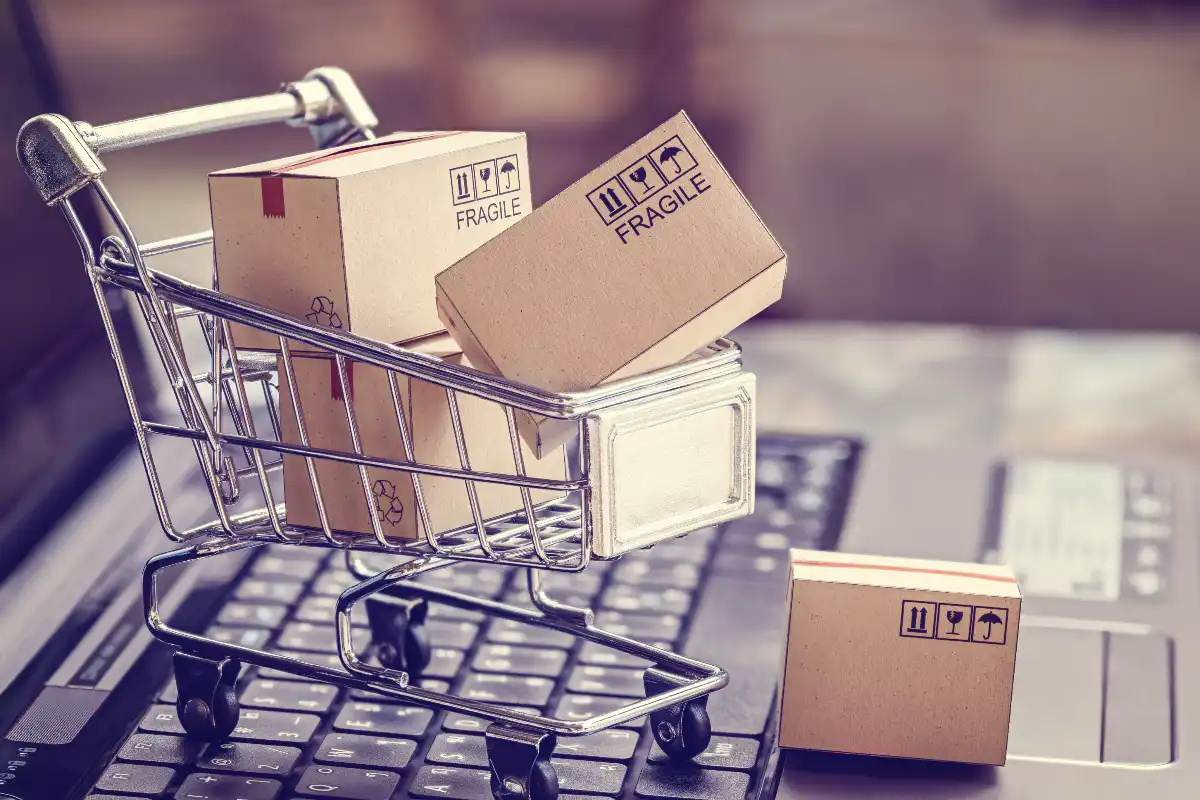Cyber Safety has become just as important as the physical security of your workplace – probably even more so. A breach in online safety could lose you thousands, and your business’s reputation may take an irreparable hit.
Data from the National Cyber Security Alliance found that 60% of companies that suffer a cyber attack go out of business within six months. Cyber attacks can leach money from your accounts, steal critical information and wreak havoc on your social media accounts.
Each year there are thousands of cyber breaches in Australia. Most of these breaches affect smaller businesses. In the U.S nearly one in five small businesses have suffered from cyber-attacks.
The only way to prevent these attacks is by being vigilant with your safety practices. Everything from the code of your website to your office WiFi password must be given due attention, but more on those below.

Three Giants That Lost Millions
Sony Playstation – $215 Million AUD
In 2011 gamers got a rude awakening when hackers broke into Sony’s digital data room and bagged $100 million customer records from the PlayStation Online service. The consequence was $171 million USD in stolen information and damages, not to mention untold damages to public trust in the company. The distrust was worsened after it was discovered Sony knew of the attack 6 days before announcing it.
Target – $208 Million AUD
The famous retail giant was the victim of a massive data breach in 2013. Like most retail businesses, Target relies on point of sale (POS) devices. The hack stole data from these systems and exposed more than 40 million customers’ bank card details. Target paid an extra $50 million out of pocket to banks and credit card companies to cover reimbursements from fraud charges made with the stolen card details. A slew of lawsuits added another $320 million to their expenses. Target’s sales dropped after the event as customer trust plummeted.
Veterans Administration – $100 million to $500 million USD
The Veterans Administration was burned in 2006 when the database containing 26.5 million records was stolen. Investigators found the data was unencrypted and stored on an external hard drive. The damage cost the organisation several hundreds of millions.
These three are cutting the list short, but they’re some large and identifiable companies that tenacious online hackers caught off guard. While some people believe that hackers target only big companies, it’s actually small businesses that are the more common targets. This is because they often have limited or less thorough digital safety systems.
Follow These Steps To Better Protect Your Business:
Know Your Vulnerabilities
Take some time to review how a hacker could get access to your most important data. Figure out what your most valuable areas are and pinpoint security weaknesses and add extra security accordingly. It may pay off to contact a security expert to see how safe your precautions are.
Start With Your Website
There’s one massive front door you are openly publishing to the public 24/7 – your website. So make sure it’s locked securely by keeping its code up to date. Consider when your site was built and/or its security updated and how much hackers tools have evolved in that time. Best practice is to have a web designer or developer give it a once-over every few months, and for a range of reasons, including device compatibility, a relatively full new website design every 2-3 years.
Train Staff On Internet Security Protocols
If a hacker targets your employees, they can acquire the same access level that the worker possesses. Your staff must be educated on identifying malware and a potentially dangerous situation. It would be best if you taught your team to update files regularly; backup data; avoid suspicious links and websites; and ignore attachments from unauthorised/unknown channels.
Run The Latest Virus Protections
Your business likely has a limited budget for digital security. The perfect solution is to keep up to date with the latest anti-virus software. This way you can quickly identify and threats and eliminate them. You should always have the latest update, so your systems are protected against newly created viruses.
You can also turn on Microsoft and Google’s security features, like firewalls, software scanners, and file encryption to protect data.
Make Sure Your WiFi Is Locked
Your WiFi network needs a password, or all your information is pretty much fair game. Also make sure it’s a properly secure password, not MrSnuggles123. As a general safety rule, avoid passwords with personal meaning or connections to your business. A long, nonsense password of letters, numbers, and irregular characters is perfect. Just be sure to remember it and/or have a reliable keychain system to remember it for you.
Strong Authentication
We access information through several devices now – this helps secure important information. Multi-step authentication processes means your data is safe unless your cyber attacker has access to multiple devices.
At Ronin Digital Marketing Brisbane, we’ve helped many businesses improve their security by modernising their Website Design. We also do everything from Brisbane Digital Marketing, Social Media Marketing, Marketing Strategies, SEO Services, Google Ads Management. Check out our latest work to get an idea of how our expert team can help your business flourish. If you have any questions about Ronin Marketing’s services, contact us today.






